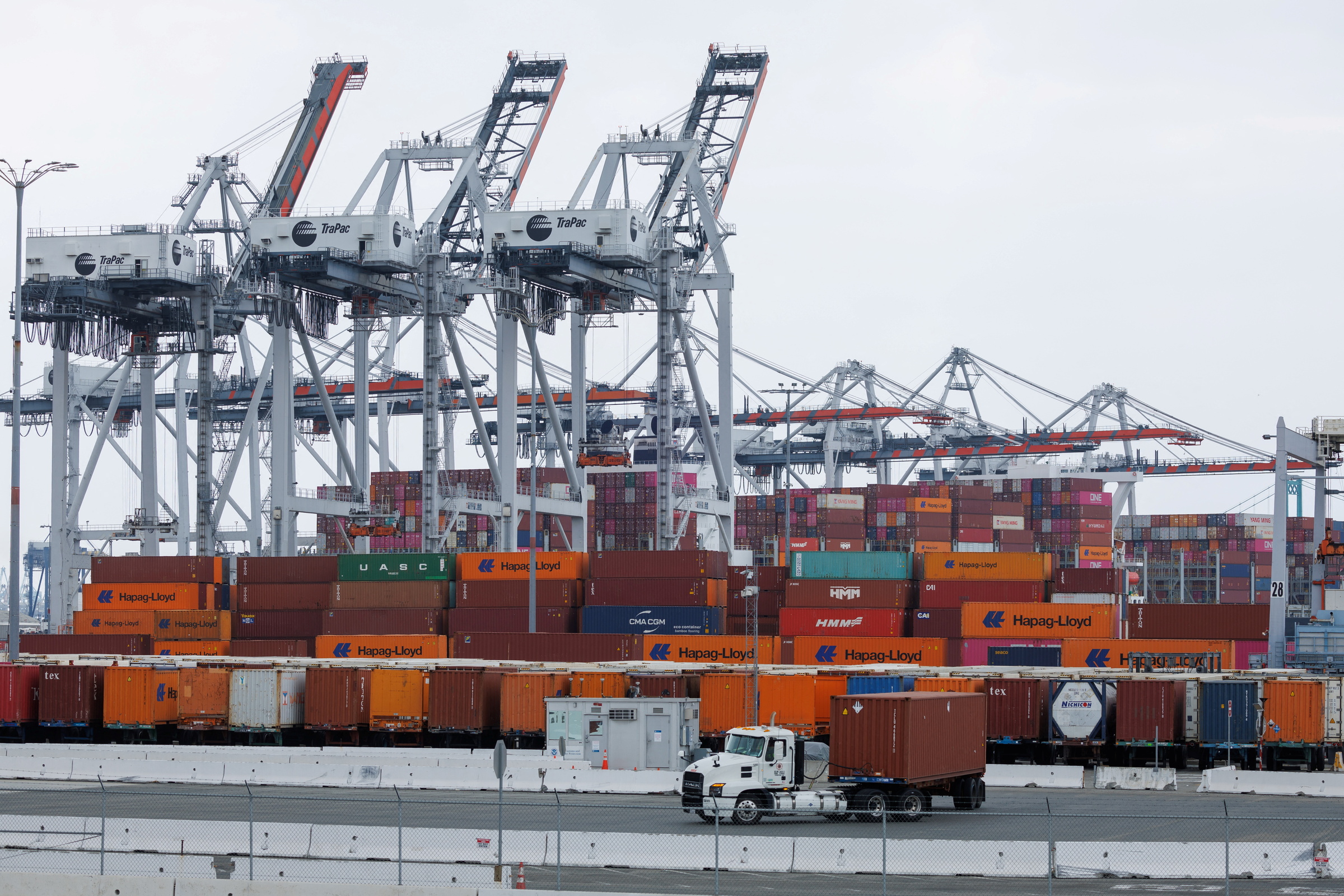On 15/8, US President Donald Trump signed an executive order halting the "de minimis" rule, which exempts imports valued at 800 USD or less from import duties and customs inspections upon entry into the US. The order takes effect on 29/8.
Trump previously ended this rule for goods from mainland China and Hong Kong. The Omnibus Budget Reconciliation Act of 1990 (OBRA), also known as the "Pay-As-You-Go" Act, recently signed into law, also removed the legal basis for "de minimis" globally starting 1/7/2027.
"President Trump acted sooner than required by OBRA to address a national emergency and protect Americans and businesses," the White House said.
Going forward, goods shipped to the US through the postal system will be subject to one of two import duties. The first is a percentage-based tax calculated on the value of the goods, similar to rates applied to other countries. The second is a fixed tax of 200-800 USD for the first six months, depending on the origin.
 |
Container ship at the port of Los Angeles (California, USA). Photo: Reuters |
Container ship at the port of Los Angeles (California, USA). Photo: Reuters
The US "de minimis" rule dates back to 1938 but has increasingly drawn criticism from both Democratic and Republican lawmakers. They argue it's a loophole allowing cheap goods from China to flood the market, harming domestic manufacturing and facilitating drug smuggling.
The "de minimis" rule has been exploited by budget e-commerce platforms like Shein and Temu. Between 2015 and 2024, the number of "de minimis" orders imported into the US annually surged from 134 million to over 1.36 billion. US Customs currently processes over 4 million de minimis orders daily.
Airfreight from Asia to the US fell 10.7% in July, two months after the US ended exemptions for low-value Chinese goods. Low-value goods from mainland China and Hong Kong face a 30% tariff upon entering the US.
Goods purchased through Asian e-commerce platforms now significantly contribute to global airfreight growth. Last year, these shipments accounted for 55% of the total volume of goods sent from China to the US by air, 11 times higher than in 2018.
Ha Thu (via Reuters)












